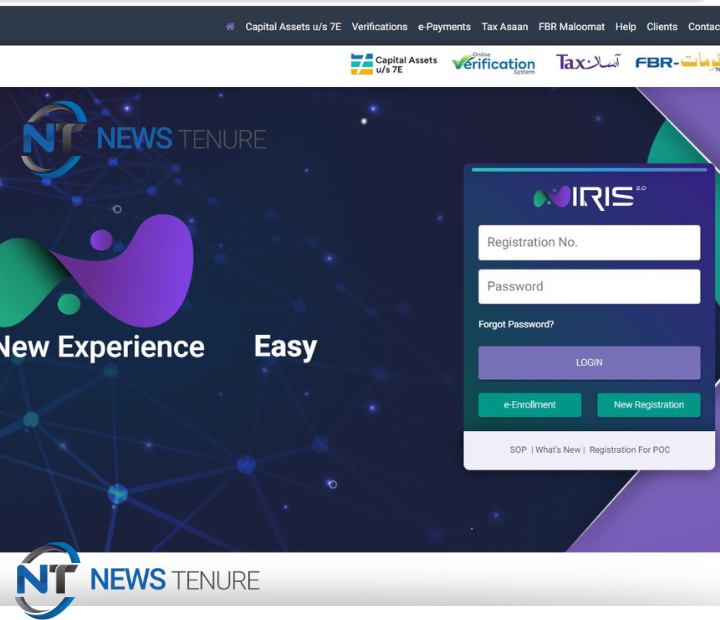AI Mind Reading is an innovation that involves using artificial intelligence algorithms and machine learning techniques to analyze patterns of brain activity and interpret them as thoughts, emotions, or intentions. While the concept of mind reading has been around for a long time, recent advances in neuroscience, computer science, and machine learning have made it possible to explore the potential of AI-based mind reading.
However, it’s important to note that the technology is still in its early stages, and there are significant scientific, technical, and ethical challenges that must be overcome before it can be widely deployed. There are also questions about the accuracy and reliability of AI-based mind reading, as well as concerns about privacy, data security, and the potential for misuse or abuse.
Overall, AI Mind Reading is an innovative and exciting area of research, but it is important to approach it with caution and careful consideration of the potential benefits and risks. As with any new technology, it will be important to engage in ongoing dialogue and collaboration between researchers, policymakers, and the public to ensure that AI Mind Reading is developed and deployed in a responsible and ethical manner.
Mind Reading
AI is a rapidly advancing field of research, and there are certainly efforts underway to develop technologies that can interpret the signals of the human brain and use them to infer thoughts or intentions. However, it’s important to note that the technology is still in its early stages, and there are significant scientific, technical, and ethical challenges that must be overcome before it can be widely deployed.
One recent study out of Japan has sparked renewed interest and debate around this issue. The study involved using machine learning algorithms to analyze brain activity and predict which image a person was looking at, based solely on the patterns of neural signals detected by an fMRI machine. While the results were promising, it’s important to note that this is a far cry from reading someone’s mind or decoding their thoughts.
The ethical implications of AI mind-reading are complex and wide-ranging. On the one hand, there are potential benefits, such as improved communication for people with disabilities or new ways of interacting with technology. On the other hand, there are significant risks, including the potential for invasions of privacy, violations of personal autonomy, and the misuse of information.
Ultimately, the development of mind-reading AI will depend on a range of factors, including scientific progress, technical feasibility, and ethical considerations. It is important for researchers, policymakers, and the public to engage in an ongoing dialogue about these issues and ensure that the benefits of these technologies are balanced against the risks.




